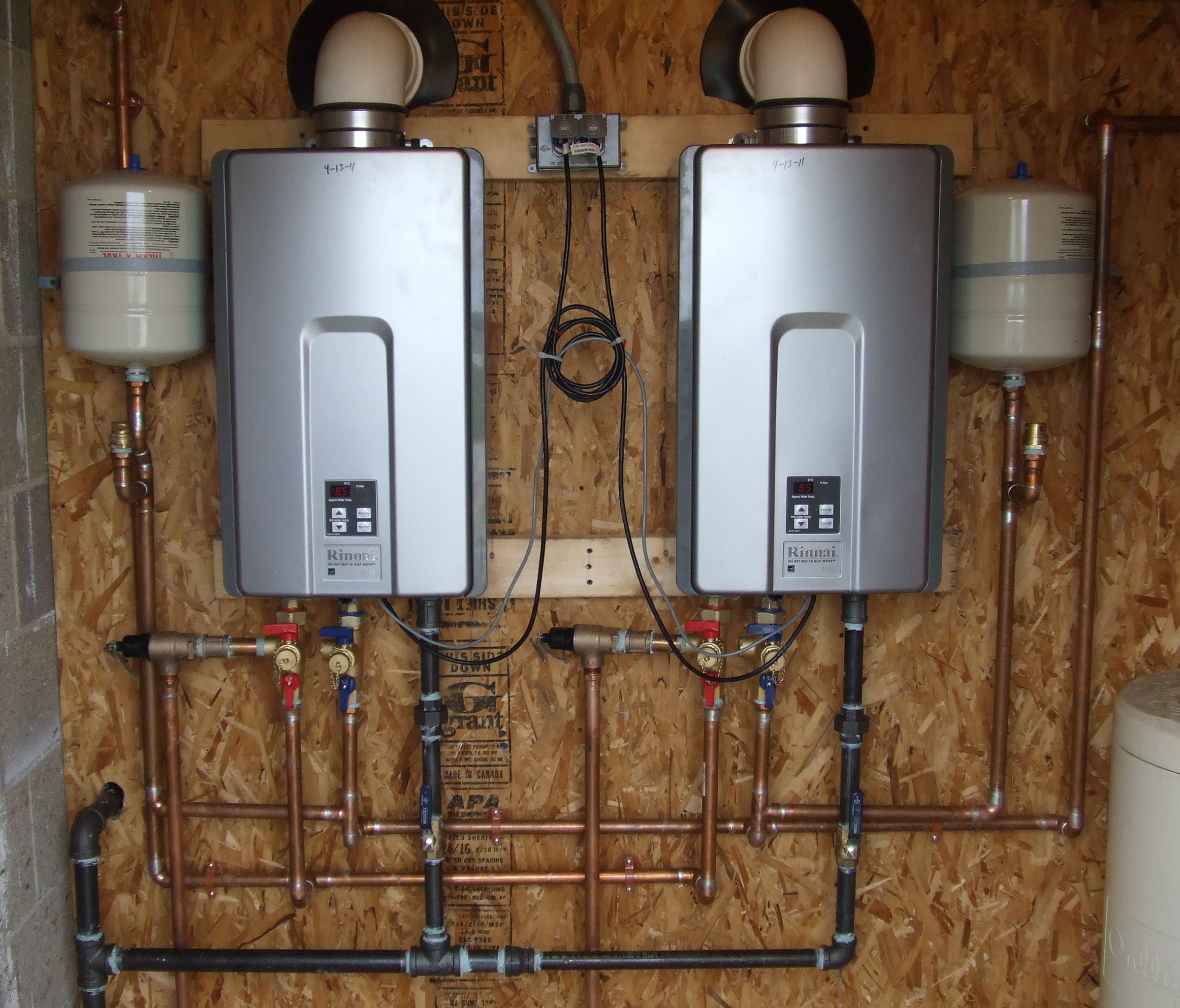Water Filtration Systems for Home Water Treatment and Plumbing
Clean, safe water at home depends on more than a single device. Water filtration systems cover a range of technologies and installation approaches that aim to remove particles, reduce taste and odor issues, and address specific contaminants. Understanding how different systems interact with plumbing, pipes, and whole-house treatment priorities helps homeowners choose the right configuration for their property and water source.

What is a water conditioner and how does it work?
A water conditioner focuses on modifying water chemistry rather than filtering out particles. Many homeowners install conditioners to address hardness (mineral buildup) using ion exchange, template-assisted crystallization, or magnetic devices. These systems reduce scale formation inside pipes and on fixtures, which can extend the life of plumbing and appliances. Unlike cartridge filters that remove sediment, a conditioner treats dissolved minerals; some units are combined with filtration in multi-stage systems to deliver both scale control and contaminant reduction.
What does water treatment include for homes?
Home water treatment can range from simple point-of-use filters under a sink to whole-house systems that treat every outlet. Typical stages include sediment filtration (protecting pipes and fixtures), activated carbon (reducing chlorine, taste, and odor), and specialized media for specific contaminants such as iron, manganese, or arsenic. For municipal supplies, treatment often targets disinfectant byproducts and taste issues; private wells might need testing-driven solutions for bacteria, nitrates, or heavy metals. A clear water treatment plan starts with testing the source water, prioritizing concerns, and selecting compatible technologies.
How do filtration systems affect pipes and fixtures?
Filtration and conditioning systems can have a significant effect on pipes and fixtures. Sediment can abrade valve seats and lead to clogs; removing particles with a pre-filter reduces wear. Water conditioners that reduce hardness limit scale buildup, which helps maintain flow and heat-transfer efficiency in water heaters. Some treatment methods, like certain chemical softeners, require periodic maintenance and correct dosing to avoid corrosion risks. Proper sizing and routine maintenance, including replacing cartridges and backwashing media as recommended, keep plumbing functioning and minimize unexpected repairs.
When should you involve plumbing professionals for installation?
Professional plumbing involvement is advisable when installing whole-house units, connecting systems to main supply lines, or modifying pipes and valves. A licensed plumber ensures correct pressure management, prevents cross-contamination with backflow prevention, and locates installers to avoid cold-water recirculation or other system conflicts. For complex setups that combine filtration, water conditioning, and water heaters, coordination with local services ensures compliance with building codes and reliable performance. Many specialists also offer testing, maintenance plans, and documentation useful for home records or resale.
Choosing systems for your home water needs
Selecting an appropriate system begins with identifying goals: improve taste, protect pipes, remove specific contaminants, or supply safe drinking water throughout the home. Point-of-use filters are cost-effective for drinking taps, while whole-home filtration and conditioning protect plumbing and appliances. Consider flow rate needs, maintenance frequency, certified performance (e.g., NSF standards where applicable), and warranty terms. If your water supply has unusual contaminants or fluctuating quality, combine targeted media with routine testing to verify ongoing effectiveness and make adjustments over time.
This article is for informational purposes only and should not be considered medical advice. Please consult a qualified healthcare professional for personalized guidance and treatment.
Conclusion
Water filtration systems and water conditioners are tools that address different aspects of household water quality, from taste and safety to the longevity of pipes and plumbing. A clear approach—test the water, define priorities, and match technology to need—helps balance performance, maintenance, and cost over time. Working with experienced local services when installing whole-house systems reduces installation risks and supports long-term reliability. Choosing the right combination of filtration and conditioning can deliver consistent water quality throughout the home.
Sources






